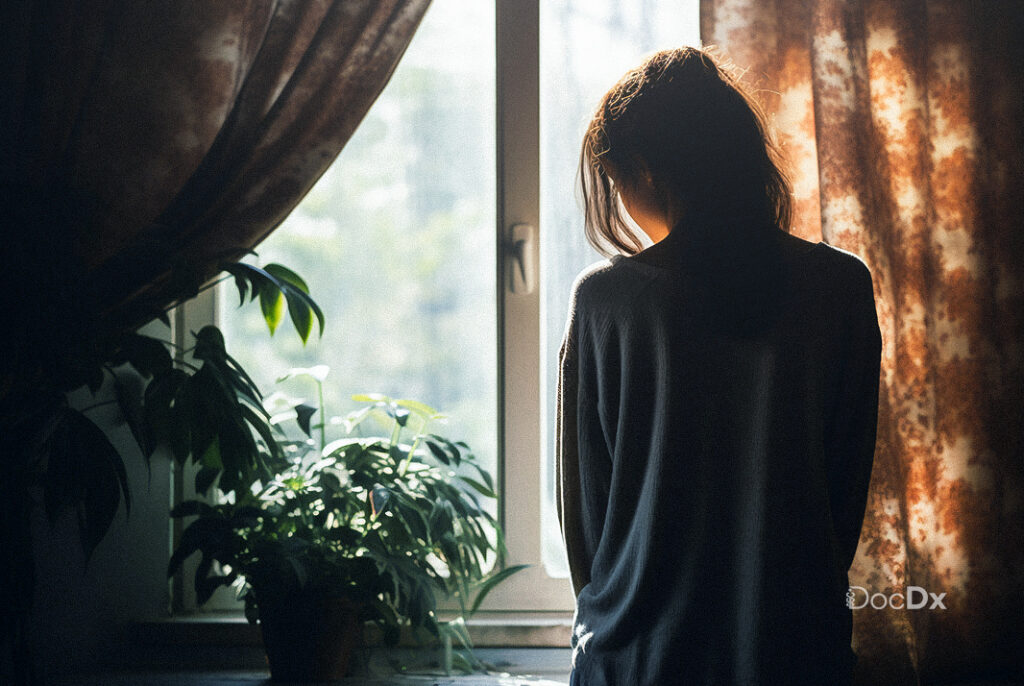Depression is more than just feeling sad or going through a rough patch. It’s a mental health condition that can affect every aspect of your life, from your mood and energy levels to your relationships and daily functioning. Recognizing the symptoms of depression early on is crucial to getting the right help and improving your quality of life. In this article, we’ll explore the various signs of depression and discuss how you can seek treatment.
Understanding Depression: More Than Just Sadness
Depression is a complex mental health disorder that can manifest in different ways for different people. It’s not just about feeling down; depression can affect your thoughts, emotions, behaviors, and even physical health. According to the National Institute of Mental Health, millions of people worldwide suffer from depression each year. Recognizing the early signs can help you or a loved one seek the necessary treatment before the condition worsens.
Common Symptoms of Depression
Depression often presents itself in various emotional, cognitive, and physical symptoms. Here are some of the most common indicators:
- Persistent Sadness or Low Mood
Feeling sad, empty, or hopeless most of the time is one of the hallmark symptoms of depression. If these feelings persist for two weeks or more, it may indicate a depressive episode. - Loss of Interest in Activities
People with depression may lose interest in hobbies, socializing, or activities they once enjoyed. This symptom, known as anhedonia, is a common sign of clinical depression. - Changes in Appetite and Weight
Depression can cause a significant change in appetite, leading to weight loss or gain. Some individuals may experience increased cravings, while others might find it hard to eat. - Sleep Disturbances
Insomnia or excessive sleeping (hypersomnia) is another common symptom of depression. Those struggling with depression often report difficulty falling asleep, staying asleep, or sleeping too much. - Fatigue and Low Energy Levels
Constant exhaustion or feeling drained, even after a full night’s rest, can be a sign of depression. This fatigue may make everyday tasks seem overwhelming or impossible. - Feelings of Worthlessness or Guilt
People with depression often feel an overwhelming sense of guilt or worthlessness. They may blame themselves for things that aren’t their fault or feel like a burden to others. - Difficulty Concentrating
Depression can affect cognitive abilities, making it hard to focus, make decisions, or remember things. This can lead to struggles at work, school, or in personal life. - Irritability and Restlessness
In some cases, depression may manifest as irritability, frustration, or restlessness. Small things might set you off, and you may feel on edge without a clear reason. - Physical Aches and Pains
Depression doesn’t just affect your mental health—it can also lead to unexplained physical symptoms, such as headaches, stomachaches, and muscle pain. - Thoughts of Death or Suicide
In severe cases, depression can lead to thoughts of self-harm or suicide. If you or someone you know is having suicidal thoughts, it’s essential to seek help immediately from a mental health professional or hotline.
When to Seek Professional Help
If you or a loved one is experiencing multiple symptoms of depression for an extended period, it’s important to seek professional help. Early intervention can prevent depression from worsening and make it easier to manage. You can explore the various depression treatment options available to find a personalized plan that works for you. Treatment may include therapy, medication, or lifestyle changes.
How Primary Care Providers Can Help
Your primary care provider (PCP) can be a valuable resource when it comes to diagnosing and managing depression. Many people first seek help from their PCP, who can conduct an initial assessment and refer you to a mental health specialist if needed. A good starting point is to visit primary care services to get an evaluation of your symptoms and discuss treatment options.
Lifestyle Changes to Manage Depression
While professional treatment is essential, there are lifestyle changes that can help manage symptoms alongside therapy and medication. These include:
- Regular exercise: Physical activity boosts endorphins and can help alleviate mild depression.
- Healthy diet: Eating a balanced diet can improve mood and energy levels.
- Sleep hygiene: Prioritizing a consistent sleep schedule can improve both physical and mental health.
- Mindfulness and relaxation techniques: Practices such as meditation and deep breathing can help reduce stress and anxiety.
Why Early Recognition is Key
Recognizing the symptoms of depression early on can make a significant difference in treatment outcomes. The earlier you seek help, the more likely you are to find an effective treatment plan and prevent the condition from escalating. Depression can often be managed with the right combination of treatments, including therapy, medication, and lifestyle changes. Seeking help early ensures that you’re not dealing with the condition alone.
Conclusion
Depression is a serious mental health condition that affects millions of people worldwide, but it’s also highly treatable. Recognizing the symptoms early and seeking professional help can make a world of difference. Whether you’re dealing with persistent sadness, fatigue, or difficulty concentrating, don’t hesitate to reach out to a healthcare provider. They can help you explore various depression treatment options and guide you on the path to recovery.




